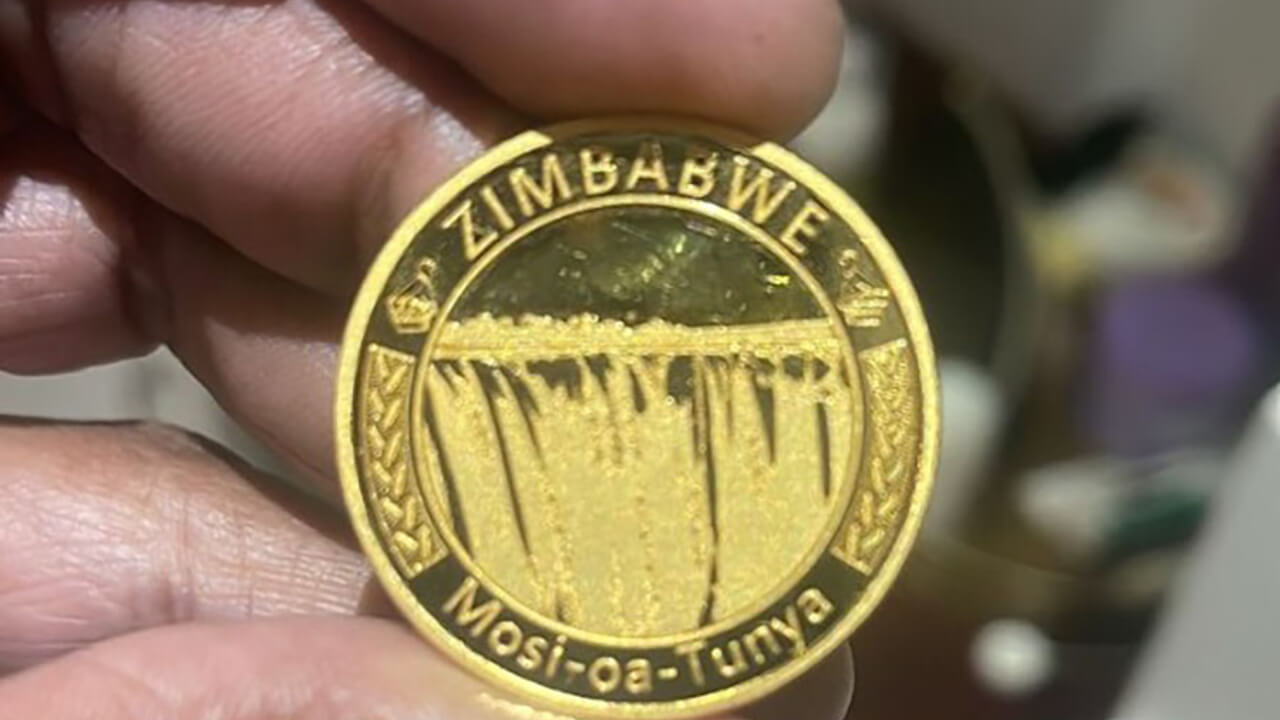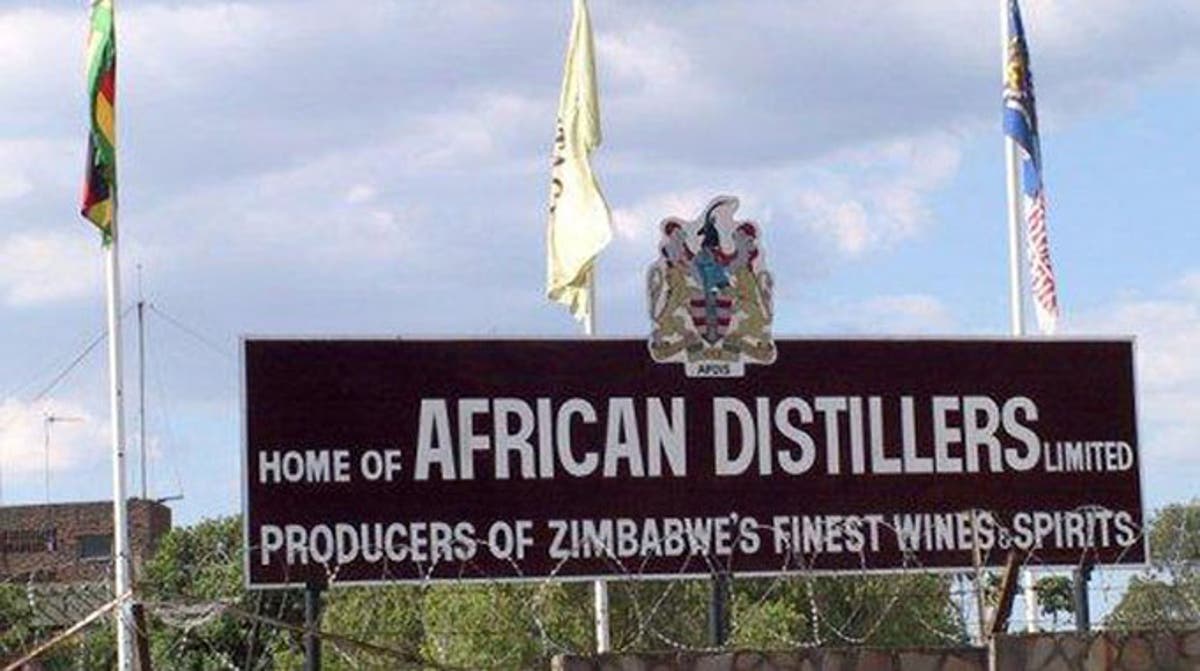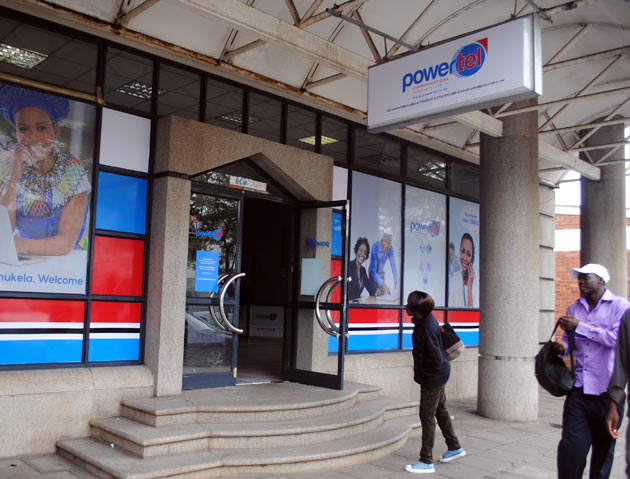RAFFS Project to be launched in Zimbabwe
THE African Union-InterAfrican Bureau for Animal Resources (AU-IBAR) and the Bill and Melinda Gates Foundation (BMGF), will tomorrow launch the resilient African feed and fodder systems project (RAFFS Project) in Zimbabwe.
The project, also known as the evidence-driven short-term solutions to build resilience and address the adverse effects of crises on African feed and fodder systems, will contribute to understanding the effect of Covid-19, climate change shocks and the conflict between Russia and Ukraine on the African feed and fodder systems.
This evidence base, according to the AU-IBAR, is critical to shaping coordinated action to respond to feed and fodder shortages that have led to huge losses of livestock, eroded livelihoods, loss of incomes, and driven up prices of highly nutritive livestock sourced foods making them inaccessible to sections of the population that need them most.
“Feed constitutes 60 – 70 percent of the total cost of animal production: the crises have exposed the significant weaknesses and vulnerabilities in the African feed and fodder input and supply chains,” the project concept note reads in part.
“Addressing feed and fodder shortages in the short-term protects livelihoods and ensures business continuity and sustainable livelihoods.
“The multiplicity and increasing frequency and severity of shocks and their complex and interlocking effects demands an approach that will also strengthen resilience in feed and fodder systems.”
The action proposes strengthening analytical capacity for evidence-based decision making and attracting investment, identifying and upscaling viable existing approaches and innovative models, and harnessing partnerships for coordinated action to galvanise impactful immediate and short-term investments.
“Women, who are largely rural-based or in the informal sector are disproportionately poor and vulnerable to the increased prices and unavailability of livestock-sourced foods.”
Working through the African Women in Animal Resources Farming and Agribusiness Network, established under the ambit of AU-IBAR, the action proposes interventions to ensure women’s meaningful inclusion in gainful activities in the feed and fodder sector, and the livestock sourced foods supply chains.
The proposed action will focus on three highly affected regions and work with six African Union Member States where livestock has a high contribution to livelihoods, incomes and the economy; and where coordinated action and substantive investment can be quickly mobilized to respond to the shortages.
The project targets six core countries that include Uganda, Cameroon, Kenya, Somalia and Zimbabwe.
“AU-IBAR is mandated to lead and support livestock development across the continent. This action will enhance AU-IBAR capacities to direct efforts to address inefficiencies in the feed and fodder systems across Africa,” it said.
The project goal is to respond to the worsened food and nutrition security occasioned by recent crises that have negatively affected African feed and fodder systems and the production of animal-sourced foods.
The purpose is to harness evidence-driven solutions for short-term interventions to enhance access to affordable and quality feed and fodder critical to ensuring sustainable production of animal-sourced foods.-ebusinessweekly










